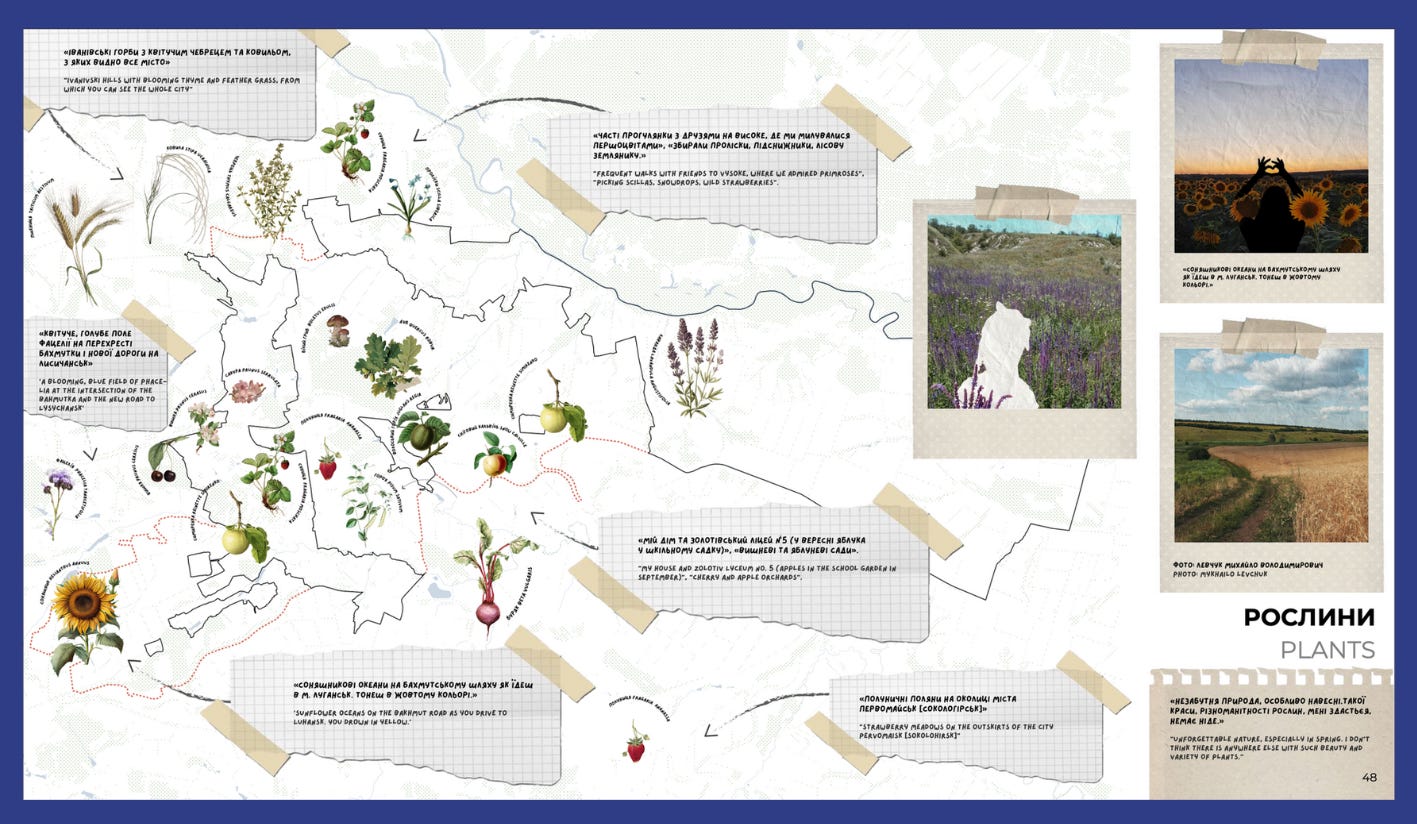By Zsofia Banuta, Co-Founder of Unhack Democracy & REWIRE Incubator Lead
When my Ukrainian colleagues speak about the “new Ukraine,” their eyes light up. The phrase isn’t a slogan; it is a shared vision of freedom, dignity, and a modern state that unites people and fuels endurance during the darkest hours.
As a Hungarian whose government often sides with Moscow, I consider it a duty and a privilege, to learn from Ukraine’s civil society.
Rethinking and rewiring democracy around the world now demands the same ingredients Ukrainians display daily: bold imagination, digital openness, and whole‑of‑community agency.
Their example shows the rest of us what determined, future-oriented democracy work can look like under extreme pressure. And in an era of polarization and collapsing public trust, we all need big, hopeful visions that bind us together.
This Spotlight On… edition of REWIRE Democracy draws from our April 2025 online event: “Building a New Vision for Ukraine: How civil society, architects and technologists are working together to strengthen democracy.” We highlight the ideas shared by:
Victor Liakh, President of East Europe Foundation (EEF), which pioneers e-governance and civic tech;
Fulco Treffers, architect and Founder of Ro3kvit: Urban Coalition for Ukraine, a network rethinking recovery through collaborative urban planning.
Together, they show how cross-sector collaboration—between civil society, technologists, architects, and communities—can plant the seeds of democratic renewal, even in the most difficult circumstances.
1. Tech for Good: the rise of Europe’s ‘digital tiger’
“We weave offline and online participation together. It’s not just an app; it’s a way to bring every citizen—at home or displaced—into decision‑making,” said Victor Liakh (President of East Europe Foundation).
For nearly 15 years, the East Europe Foundation (EEF) has acted as a bridge between citizens and state. Long before 2022, EEF co-designed tools that let anyone file e-petitions, propose local reforms, or allocate municipal budgets online.
And today, their work powers Ukraine’s ambition of becoming ‘Europe’s digital tiger,’ to use the words of Ukraine Vice-Prime Minister Mykhailo Fedorov. “After the war, we want to cement our status as the coolest state in terms of digital transformation,” he shared in 2024.
EEF has played a pivotal role in turning the country into a digital state, including working on projects such as:
Diia: the government’s all-in-one “state-in-a-smartphone” app (100+ public services, from opening a business to registering a marriage).
Community ideation platforms: letting schools, villages, and frontline towns crowd-source priorities—including drone requests for local defence.
Export-ready civic tech: EEF is openly sharing its codebase with other countries: “We’re getting ready to give our solutions away free of charge,” Victor told us.
💡 Lesson for civil society: Technology alone doesn’t build trust. Civic tech becomes transformative when it’s seen as citizen-driven, transparent, and responsive to real needs.
2. Mindset matters: a shared method of practical agency
“Technology is amazing, but mindset is everything.” — Zsofia Banuta
In the conversation, both speakers emphasized how Ukraine’s civic culture thrives on pragmatism, determination, and a refusal to give in to apathy, even in the face of immense trauma.

Fulco Treffers, a Dutch architect and founder of Ro3kvit who moved to Ukraine after Euromaidan, saw this firsthand. Decentralisation reforms pushed citizens and the state to work together in new ways.
“Ukrainians don’t complain. They decide to change it or leave it, and that is their power.” —Fulco Treffers (architect & founder of Ro3kvit)
To be clear: there is a lot to justifiably complain about. But in Ukraine, frustration rarely turns into paralysis. Since the Orange Revolution (2004-2005) and Euromaidan (2013-2015), frustration has become a fuel for collective action—not just protest, but co-creation.
Treffers noted how, even just two weeks after the full-scale invasion began, Ukrainian colleagues were already calling him with a startling request: “Let’s start planning recovery now.”
This ability to focus on what can be done—even when the situation is dire—has become a distinctive civic asset. It fuels continuity, creativity, and a sense of momentum.
💡 Lesson for civil society: A shared mindset of practical agency (especially in crisis) can turn vision into momentum. Mobilisation starts with a belief that change is possible.
3. Planning a future under fire: designing scenarios for uncertainty
Ro3kvit (which means “to blossom” in Ukrainian) is a growing coalition of more than 100 architects, engineers, and urban planners building frameworks for Ukraine’s future—often while displacement and destruction continue.
One powerful example is their project in Hirska, a small town in Luhansk that has changed hands several times since 2014. When displaced leaders asked Ro3kvit to co-create a recovery plan, the team agreed—but only if they could plan for both potential futures: one where the town is liberated, and one where residents never return.

The resulting work included:
A “Box of Memories” preserving Hirska’s stories, smells, and seeds—designed to safeguard cultural identity.
A step-stone recovery plan rooted in the memory box, offering tangible next steps if return becomes possible.
💡 Lesson for civil society: Planning for the unknown can still offer direction and dignity. By preparing for multiple futures, we anchor hope in action, not just optimism.
Takeaways for changemakers everywhere
Ukraine’s civil society is showing us what it means to lead with vision, to build through crisis, and to collaborate across sectors.
Lead with a unifying story. “The new Ukraine” motivates because it’s emotionally resonant—not just functional.
Build with, not for. EEF and Ro3kvit succeed because they include people at every step.
Embrace uncertainty. Resilience isn’t just enduring crisis—it’s offering blueprints for multiple futures.
💡 Share this with someone who’s doing civic work in hard places.
















Share this post